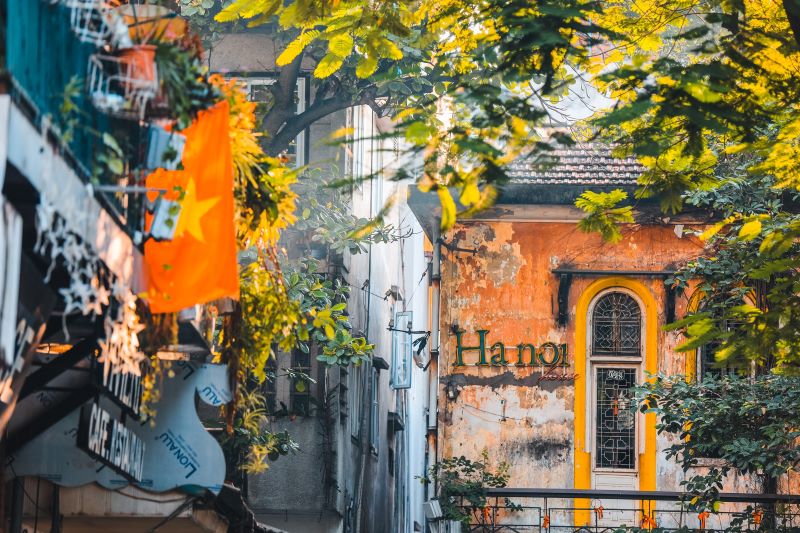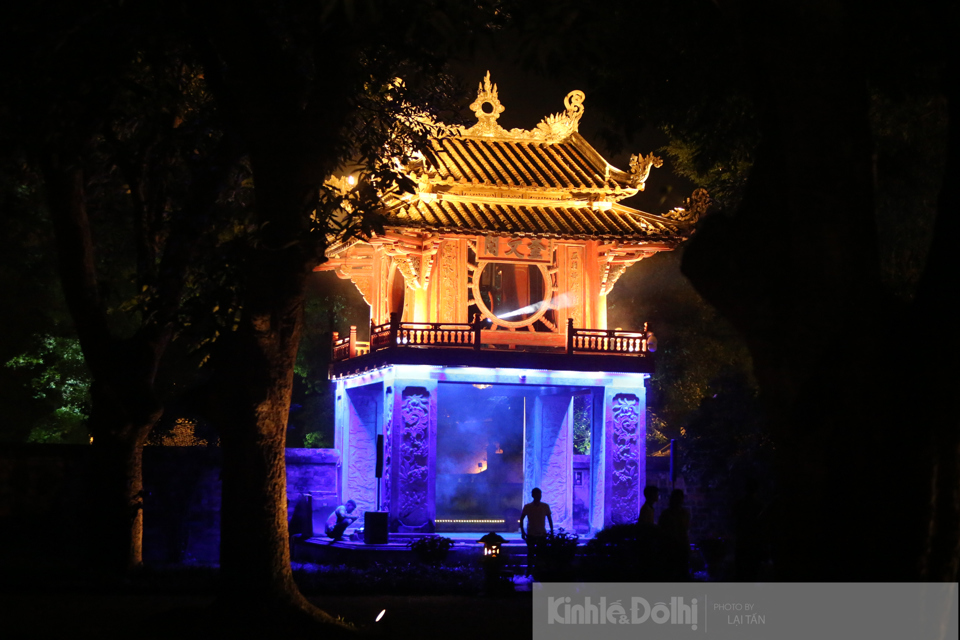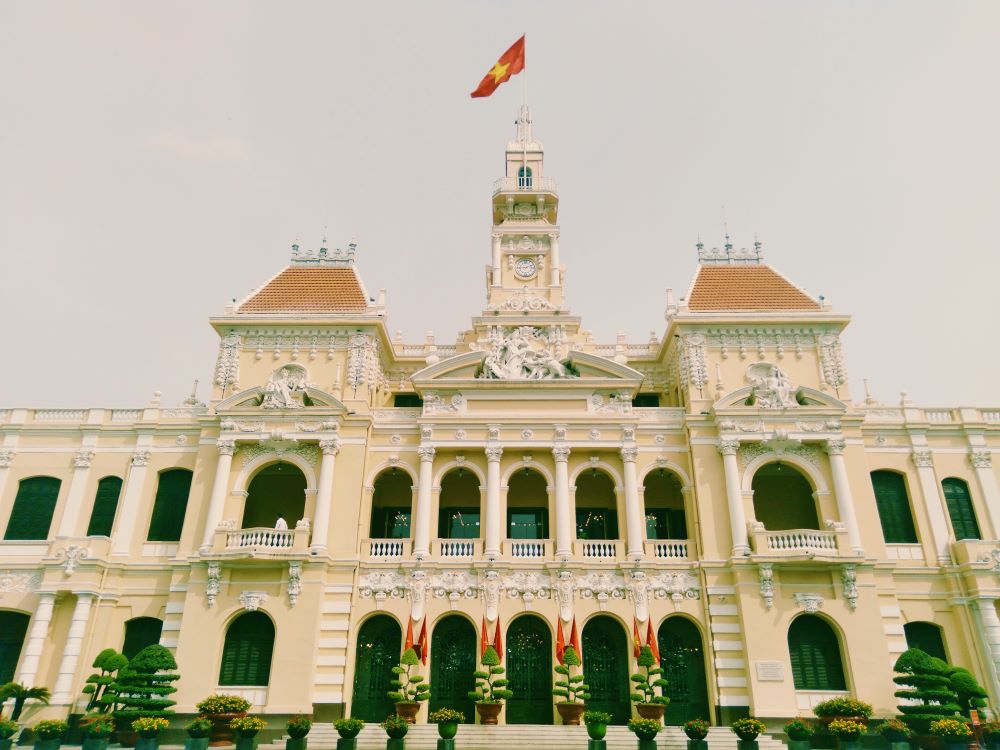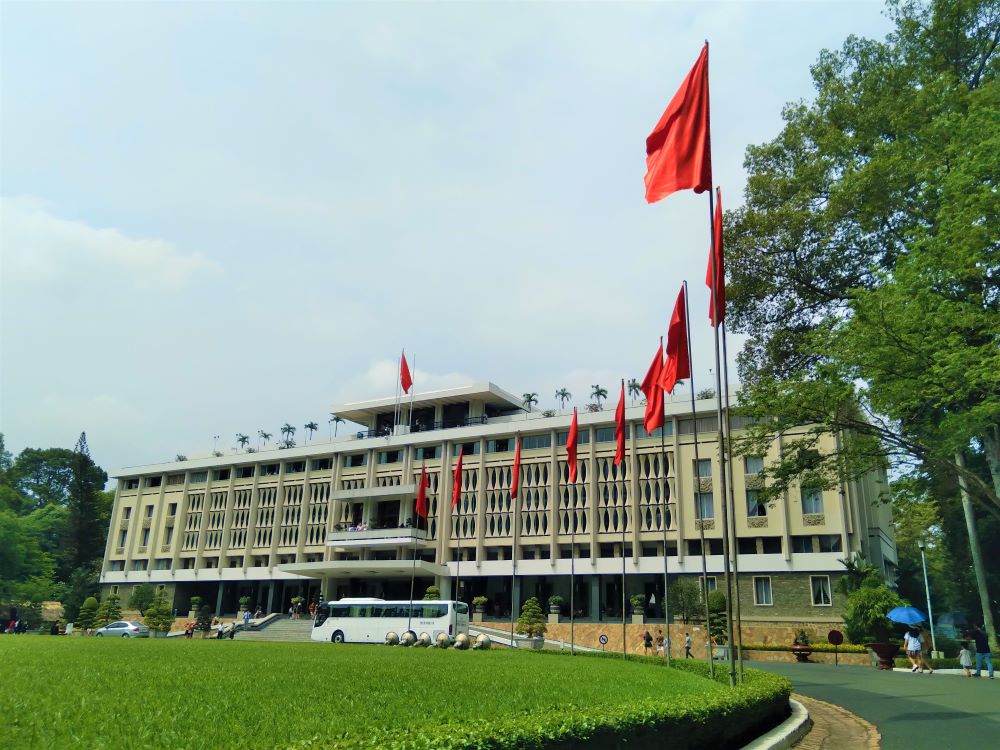Hanoi among world best cities for 2024: Euromonitor International
The ranking reflects a city's overall attractiveness score based on six key areas: economic and business performance, tourism performance, tourism infrastructure, tourism policy and attractiveness, health and safety, and sustainability.
Hanoi has secured the 83rd place among the world’s 100 best cities in 2024, up 15 places in the list produced by market research company Euromonitor International.
| Hanoi is typical for its centuries-long cultural and historical values. Photo: Huy Pham/The Hanoi Times |
The rankings are determined by a city's overall attractiveness score, calculated from a comparison of 55 metrics across six key areas: economic and business performance, tourism performance, tourism infrastructure, tourism policy and attractiveness, health and safety, and sustainability.
Paris maintained its title as the world's top city destination for the fourth year in a row, followed by Madrid, Tokyo, Rome, and Milan.
Hanoi, the capital of Vietnam, is a city steeped in history and culture. Its typical historical cultural values are reflected in various aspects of life, architecture, traditions, and festivals.
Its first typical is ancient architecture featured in the Old Quarter, known as the heart of Hanoi, a labyrinth of narrow streets and alleys, home to numerous ancient houses, temples, and pagodas. The architecture reflects the city's history and cultural evolution over the centuries.
The Temple of Literature, established in 1070, is Vietnam's first university and a prime example of traditional Vietnamese architecture, a symbol of the country’s dedication to education.
The city’s historical sites include Hoan Kiem Lake, which is located in the center of Hanoi, associated with the legend of King Le Loi and the magical sword. It is a symbol of peace and tranquility in the bustling city.
| The Temple of Literature, established in 1070 and Vietnam's first university, is one of the iconic places in Hanoi. Photo: Lai Tan/The Hanoi Times |
Hanoi's historical cultural values are a testament to its enduring legacy and the pride of its people. The combination of its ancient heritage and modern elements forms a distinctive and lively cultural scene that consistently enchants both locals and visitors.
Meanwhile, Thang Long Imperial Citadel is a UNESCO World Heritage Site reflecting Hanoi's rich history as the political center of Vietnam for over a thousand years.
The city is also famous for its traditional festivals, including the Mid-Autumn Festival celebrated with lantern processions, lion dances, and mooncakes, this festival reflects Hanoi’s vibrant cultural heritage; Tet Nguyen Dan (Lunar New Year), the most significant festival in Vietnam, a time for family reunions, traditional rituals, and celebrating the start of the lunar new year.
Another cultural practice is water puppetry which originated in the Red River Delta. It’s a traditional art form that depicts Vietnamese folklore and daily life. Hanoi is home to some of the best water puppet theaters in the country.
Calligraphy is also featured during festivals and special occasions. Calligraphists create beautiful pieces of art in traditional Vietnamese script, often featuring poems or sayings.
Last but not least is cuisine which features the most prominent is pho – a quintessential Hanoian dish. Pho is a symbol of the city's culinary tradition. The delicate broth, fresh herbs, and tender meat reflect the attention to detail and the deep-rooted food culture of Hanoi.
Bun cha is another iconic dish with grilled pork served with rice noodles and fresh herbs. It showcases Hanoi's rich culinary heritage and the importance of communal dining.
| A Hanoi girl in Autumn, the best season of Hanoi. Photo: Ngoc Tu/The Hanoi Times |
So far, Hanoi has garnered global recognition in several prestigious categories, as follows:
Asia's Leading City Break Destination: For the third consecutive year, Hanoi was named Asia's best city break destination in 2024, outperforming major cities like Bangkok, Jakarta, and Seoul.
Asia's Leading City Destination: Hanoi also secured the title of Asia's leading city destination at the World Travel Awards.
Vietnam's Leading Cultural Destination: Hanoi was honored as Vietnam's leading cultural destination at the World Travel Awards.
Top 100 Best Cities in the World: In 2024, Hanoi was ranked 96th overall in the list of the top 100 best cities worldwide.
World's Best Culinary Destination: Hanoi was named the world's best culinary destination, surpassing cities like Lisbon, Los Angeles, and Cape Town.
One of the World's 50 Most Beautiful Cities: Hanoi is recognized as one of the world's 50 most beautiful cities.
As of November, Hanoi saw 5.67 million international arrivals, up 36% year-on-year.
| A building in Ho Chi Minh City built under French colonialism. Photo: Tuyet Nguyen/The Hanoi Times |
Meanwhile, Ho Chi Minh City ranked 76th, climbing nine spots from the last year.
Vietnam's largest city, and its business and financial hub, is famous for its vibrant nightlife. Bui Vien Street is a popular destination, known for its bars, snacks, and loud music, while Nguyen Hue Street is a bustling walking street lined with bars, clubs, and street markets.
In the city center, Ben Thanh Market is a must-visit spot, offering street food, souvenirs, and local goods. Another iconic location is the Opera House, which boasts unique Flamboyant-style architecture and serves as a hub for performances and tourists.
The city also features typical colonial architecture, with many buildings constructed by former French rulers, including the iconic Saigon Central Post Office. Museums in the city showcase the country's wartime history, and the Saigon River reflects the dynamic rhythms of life in this metropolis of 10 million people.
Between January and November, Ho Chi Minh City welcomed 5.3 million foreign tourists, marking a 16% year-on-year increase.
| Independence Palace in Ho Chi Minh City. Photo: Tuyet Nguyen/The Hanoi Times |







-1742835388.jpg?w=480&h=320&q=100)





